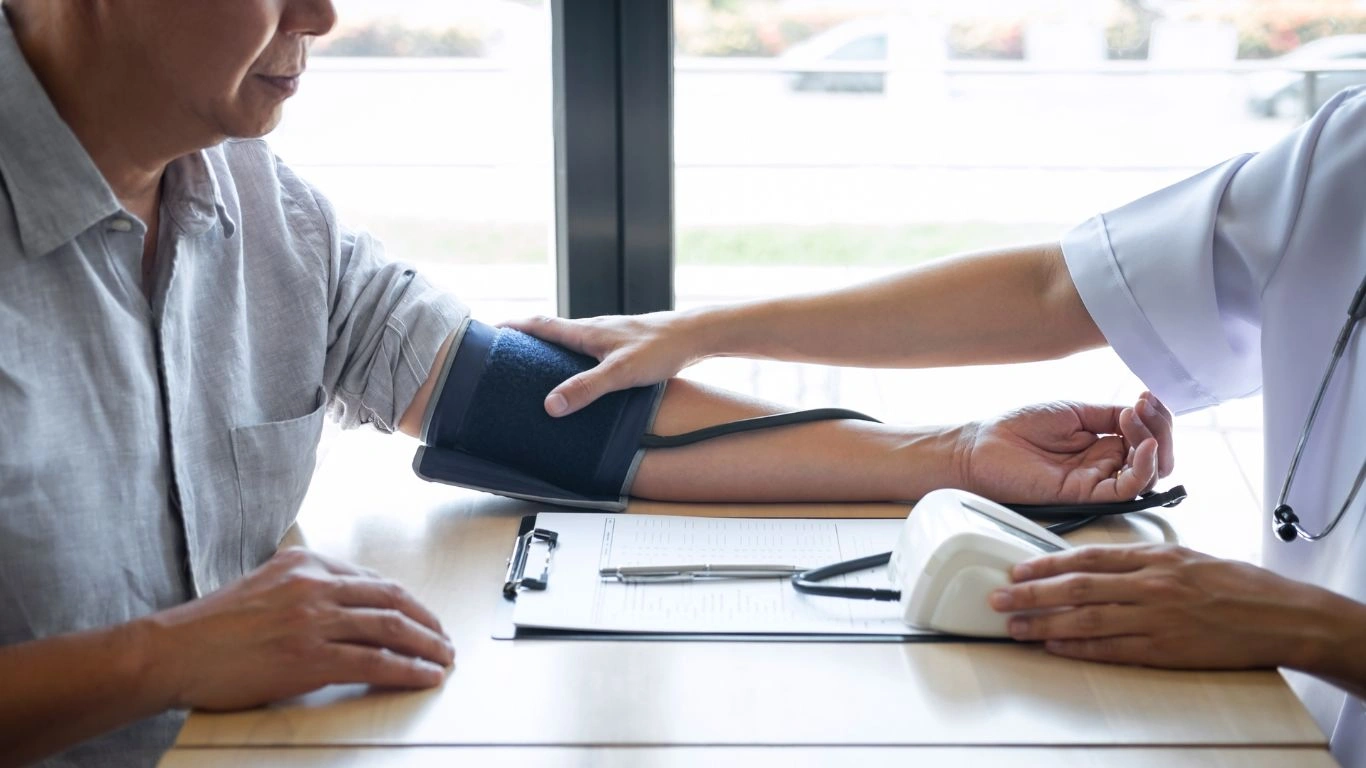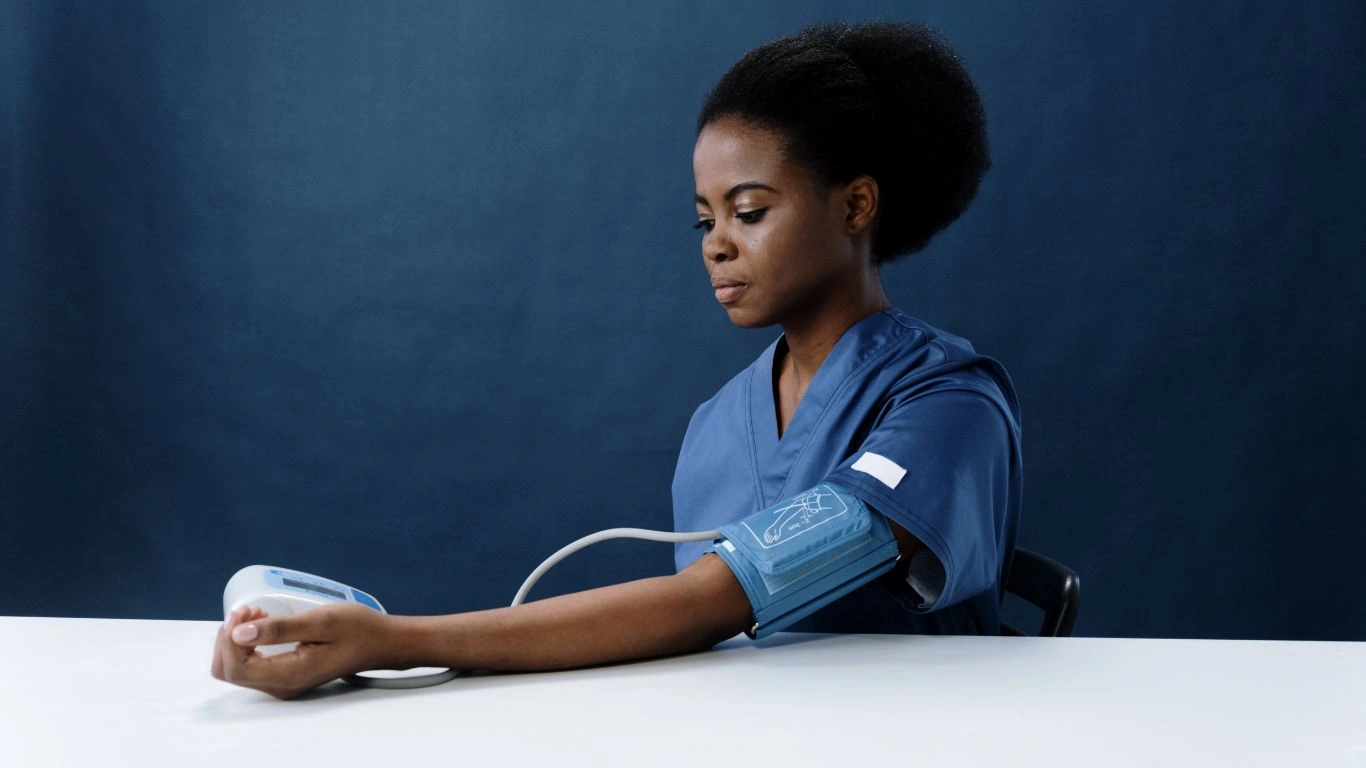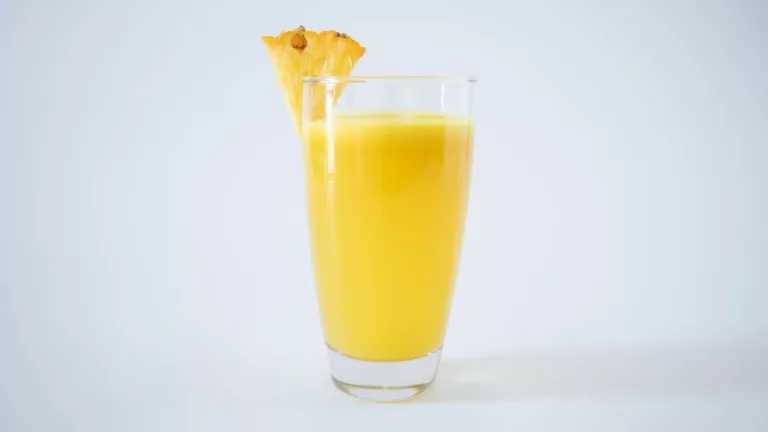Hypertension and Alcohol Consumption Risks – What You Need to Know
Curious about how alcohol can affect your blood pressure? Let’s break down the risks of drinking when you have hypertension and how to make smarter choices for your health.
High blood pressure, or hypertension, is a common condition that affects millions of people worldwide. For many, managing hypertension involves a combination of lifestyle changes, medication, and, importantly, controlling alcohol intake. But, how does alcohol consumption impact hypertension? If you’ve ever wondered about the link between alcohol and high blood pressure, this article is for you. We’ll dive deep into the effects of alcohol on hypertension and why moderation is key. 
What Is Hypertension?
Hypertension occurs when the force of your blood pushing against the walls of your arteries is consistently too high. This puts extra strain on your heart and blood vessels, increasing the risk of heart disease, stroke, and kidney problems. The condition is often referred to as a “silent killer” because it typically doesn’t show symptoms until significant damage has been done. When blood pressure rises, the heart has to work harder to pump blood throughout the body, which can lead to long-term health complications. That’s why it’s essential to monitor your blood pressure regularly and make necessary lifestyle changes to keep it under control.
How Alcohol Affects Blood Pressure
Alcohol, especially when consumed in large quantities, can raise your blood pressure. Here’s how:
Short-Term Effects of Alcohol on Blood Pressure
When you drink alcohol, your heart rate increases, and the blood vessels narrow, which can cause a temporary rise in blood pressure. Even a single heavy drinking episode can spike your blood pressure. This is known as “acute hypertension” and can last for several hours after drinking. If you already have hypertension, consuming alcohol can cause your blood pressure to go higher than normal and remain elevated longer than it would in someone with normal blood pressure.
Long-Term Effects of Alcohol on Blood Pressure
Over time, excessive alcohol consumption can have long-lasting effects on your blood pressure. Chronic heavy drinking can contribute to the development of sustained hypertension, especially if it’s a regular part of your lifestyle. Studies have shown that people who drink alcohol excessively are at a significantly higher risk of developing high blood pressure compared to those who drink in moderation or not at all. This is particularly dangerous because it can lead to more serious complications like heart disease, kidney failure, and even stroke. The longer you drink excessively, the more likely your blood pressure will remain elevated, which places undue stress on the cardiovascular system. 
The Risks of Combining Hypertension and Alcohol
When you have hypertension, drinking alcohol can create a dangerous cycle. High blood pressure puts strain on your heart, and alcohol can exacerbate this by further increasing blood pressure. The combination of these factors can lead to:
Increased Risk of Heart Disease
The heart has to work harder to pump blood when your blood pressure is high. Drinking alcohol, especially in excess, can make this harder by increasing the workload on your heart. Over time, this can lead to heart disease, arrhythmias (irregular heartbeats), and other cardiovascular problems.
Stroke
High blood pressure is one of the leading risk factors for stroke. When you drink alcohol, you increase the chances of a stroke because alcohol raises blood pressure and can interfere with blood clotting. Even moderate drinking can increase stroke risk in people with hypertension, making it important to monitor your alcohol intake.
Kidney Damage
Both hypertension and alcohol consumption can damage your kidneys. When you have high blood pressure, the kidneys struggle to filter waste from the blood, leading to kidney disease. Drinking alcohol also taxes the kidneys, which can further harm their function. The combination of the two can severely impact kidney health.
How Much Alcohol Is Safe for People with Hypertension?
If you have hypertension, you don’t necessarily have to cut alcohol out entirely, but moderation is key. The American Heart Association recommends that if you drink, do so in moderation:
- For men: No more than two drinks per day
- For women: No more than one drink per day
One standard drink is equal to:
- 12 ounces of beer
- 5 ounces of wine
- 1.5 ounces of distilled spirits (e.g., vodka, whiskey)
It’s essential to avoid binge drinking, which is defined as consuming five or more drinks in about two hours for men, and four or more drinks for women. Binge drinking can lead to a sharp increase in blood pressure and is a major risk factor for heart disease and stroke. 
Tips for Managing Hypertension While Drinking Alcohol
If you have hypertension and choose to drink, here are a few tips to help manage your blood pressure:
1. Monitor Your Blood Pressure Regularly
It’s crucial to keep track of your blood pressure, especially if you’re consuming alcohol. Regular monitoring can help you identify any spikes in your blood pressure and adjust your drinking habits accordingly.
2. Limit Alcohol to Low-Risk Levels
As mentioned earlier, stick to the recommended limits for alcohol consumption. If you’re unsure about how much is safe, talk to your doctor. Remember, moderation is the key to avoiding negative impacts on your blood pressure.
3. Avoid Drinking on an Empty Stomach
Drinking on an empty stomach can increase the rate at which alcohol is absorbed into the bloodstream, potentially leading to a faster spike in blood pressure. Having food with your drink can slow down the absorption and help keep your blood pressure stable.
4. Choose Drinks with Lower Alcohol Content
Some drinks, like cocktails, can have higher alcohol content due to mixers and added sugar. Stick with drinks like wine or beer that have a lower alcohol concentration to minimize the impact on your blood pressure.
5. Stay Hydrated
Drinking plenty of water helps prevent dehydration, which can exacerbate the effects of alcohol on your blood pressure. Make sure to hydrate before, during, and after drinking. 
Conclusion
If you have hypertension, alcohol can present significant risks to your health. While moderate drinking may be acceptable for some people, it’s crucial to understand how alcohol affects blood pressure and heart health. By drinking in moderation and taking steps to manage your blood pressure, you can minimize the risks. Always consult with your healthcare provider to determine the best approach for your unique health needs.
Appendices
References
For further information on hypertension and alcohol consumption, check out these resources:
- American Heart Association (2023). Hypertension and Alcohol Consumption. Read Article
- Smith, J., & Lee, K. (2022). The Impact of Alcohol on Hypertension. Journal of Cardiovascular Health, 45(2), 150-157. Read Article
- National Institute on Alcohol Abuse and Alcoholism (NIAAA). (2024). Alcohol and Heart Health. Read Article
FAQs
Here are some frequently asked questions about hypertension and alcohol:
- Can alcohol cause a permanent increase in blood pressure? Chronic heavy drinking can lead to long-term hypertension. However, occasional alcohol consumption in moderation typically does not cause permanent increases.
- How can I tell if my blood pressure is affected by alcohol? Regularly monitoring your blood pressure is the best way to track any changes. If you notice spikes after drinking, it’s a good idea to reduce your alcohol intake.
- Can I drink alcohol if I’m on blood pressure medication? Some medications interact with alcohol and can increase the risk of side effects. Always check with your doctor before drinking alcohol while on medication.
- What other lifestyle changes can help control hypertension? Regular exercise, a healthy diet, and reducing salt intake can also help manage blood pressure alongside limiting alcohol consumption.
Disclaimer: The information provided in this article is for educational purposes only and is not intended as medical advice. Please consult with a healthcare provider for personalized recommendations and guidance regarding alcohol consumption and hypertension.






